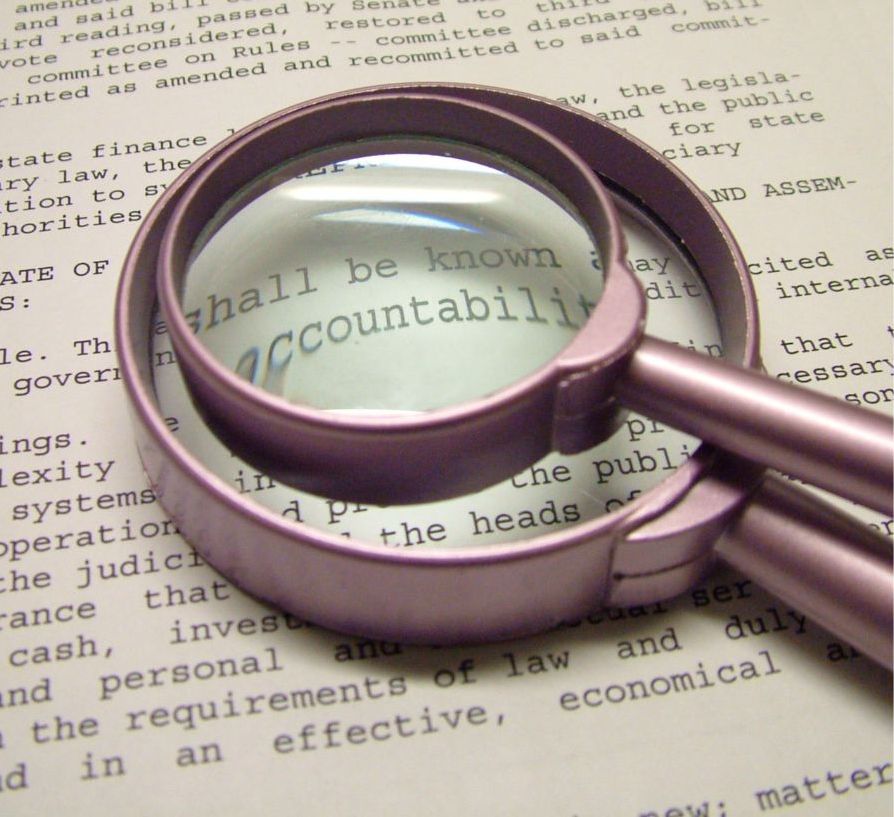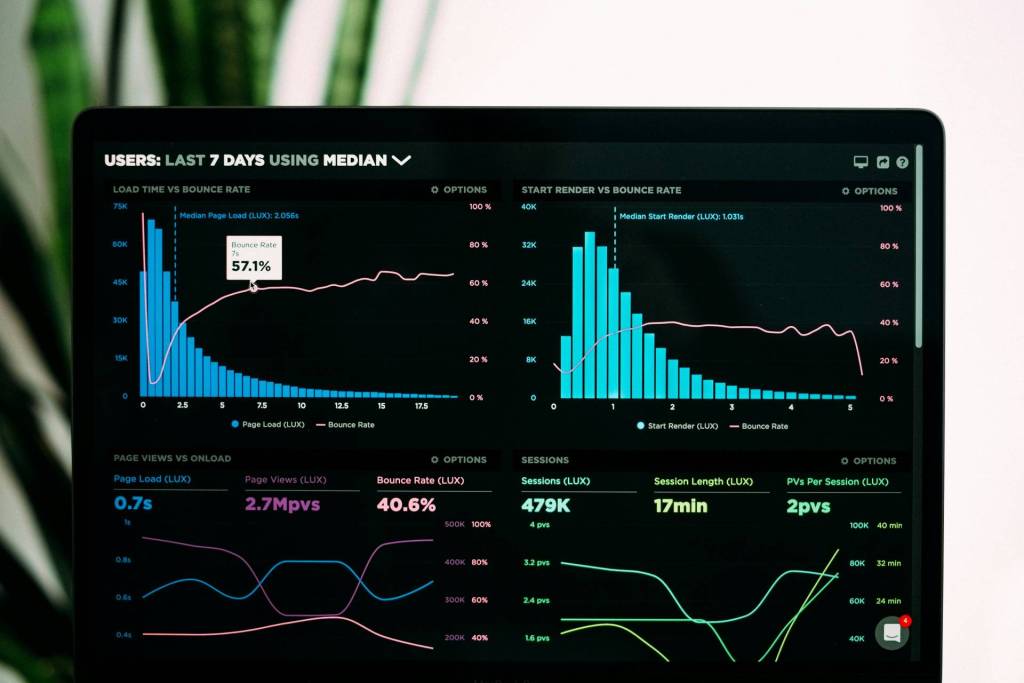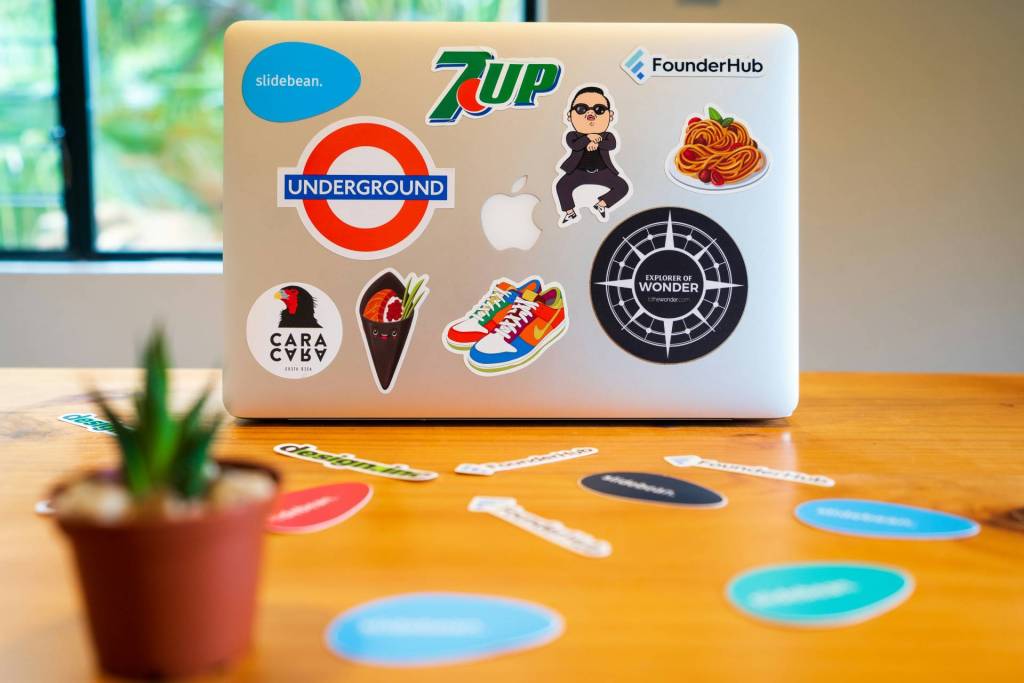There are a ton of arguments and insights on the struggle between personal branding and corporate branding in the blogosphere and through different organizations right now. This might be the hottest topic in this space based on what I’ve read and experienced for myself, being a brand behind a Fortune 200 brand, lately. I’m prone to getting asked “so how does your company let you do all of this” and “how do you have time to build your brand while having a full time job?” The fact is that companies are experimenting and trying to understand how high profile (or more visible) brand can support their practices, while not doing any harm.
Three different situations
1. Your brand has nothing to do with your job
If you want to be known as a model, chef, or the king of business development for startups, but you work as an accountant at a Fortune 500 company, then you are completely safe. There are no conflicts with what you communicate to the world and your day job and what you do outside of work might be interesting or start various conversations at work with your colleagues. Your colleagues will probably not get jealous and your manager won’t be calling you in to dismantle you anytime soon. If you’re a stripper though and you have pictures on the internet with your real name, you’re in trouble, but there’s not many cases of that.
What you should do: Keep building your personal brand and making money at your day job and maybe some day you’re brand will become your day job. You don’t have to mention what you do outside of work and the probability that someone will notice it and bring it to your attention is low, unless your colleagues are your Facebook friends!
2. Your brand is your job
When what you do for work is exactly how you want to be positioned in the marketplace, this is both a good and bad thing. First, if you’re building your online brand relative to your job description, they are mutually supportive of each other. Second, since there is a direct conflict of interest, anything you publish online can really damage your brand offline. The people in your industry and those that work at your company probably subscribe to your blog or notice your social network updates. For instance, if you blog about a dumb corporate policy, you will be called into your managers office the next day because someone complained about it. Also, if you retweet an article that holds a negative press mention for your company, it’s seen as an endorsement and you’re perception will be as negative as that mention!
What you should do: Be extremely careful with everything you publish because you won’t want to get fired from your job and lose that source of income (unless that’s your intent!). Of course, adding your value to the web and promoting your company can’t hurt, as long as you talk to your manager before you do to make sure it’s in compliance.
3. Your brand and your job are aligned but not 100% connected
This is of course my current situation, where I have a social media position at a large company and brand myself as a personal branding expert outside of work. Although personal branding is a large concept and that social media is a huge part of it, it’s not everything. Inside my company, I focus on using social media to build a companies brand and not an individuals like I do on the side. There is, of course, some overlap, so I have to be more mindful of what I say, especially because I’m situated in the PR department. Another example is someone who is trying to get involved in online advertising but they do magazine and TV advertising at their firm.
What you should do: The lines are very blurry now so tell your manager that your online presence is different than your day job and that you promise to keep them separated.
Perception is reality online
What your colleagues and managers see online is what is real and public. You will be judged on everything that is observable by the human eye, as freaky as that may seem. You will probably mess up at some point if your brand identity is in conflict with your companies. It’s happened to me and it will happen to you if you’re really putting yourself out there for the world to see. Feedback is hard to come by, yet it is so important, since companies and people are still experimenting in this space. It’s always better to get feedback early on than months or even years later. It’s hard to understand the impact of our words on other people, unless it’s brought to our attention.
This is just another reminder to be mindful of what you publish.
Have you run into this situation before?












